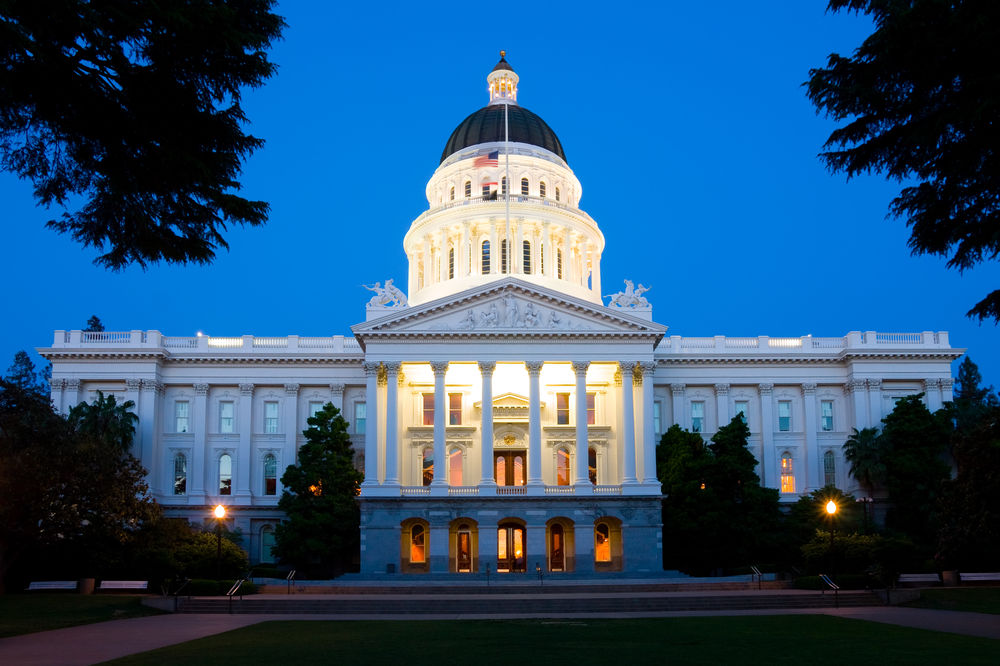On Sept. 11, the California legislature passed a bill that would legalize physician-assisted suicide during a special session that Gov. Jerry Brown called to address Medi-Cal.
The governor has until Sept. 28 to sign or veto the legislation.
“This is no way for our government to make policy on a life and death issue that will affect millions of individuals and families,” Archbishop José H. Gomez said in a statement. “Just a few months ago, after a long and substantial debate, the Assembly Health Committee wisely decided not to advance this legislation.”
Yet, he said, the legislators chose to “override” the decision and push this bill through, holding only two hearings.
“As a result, lawmakers did not have any chance to consider the deeper issues raised by end-of-life care in the state — the cost of treatments, especially the cost of cancer medications; insurance practices that limit access to hospice care and physicians’ options in providing adequate pain relief; the impact of this legislation on the poor and other underserved populations,” the archbishop said.
Tim Rosales of Californians Against Assisted Suicide said legislators “circumvented the normal legislative process,” noting that the special session was meant to be on health finance.
“We all know that ‘choice’ is a myth in the context of our unjust health care reality,” he said. “End-of-life treatment options are already limited for millions of people — constrained by poverty, disability discrimination and other obstacles.”
Rosales noted that the legislation does not require a mental health evaluation and does not protect against the pressures individuals might feel from others to take their own life.
Assemblymember Susan Talamantes Eggman, senate majority leader Bill Monning and senate majority Whip Lois Wolk co-authored the bill.
In a statement, Compassion & Choices, a nonprofit organization that lobbies for physician assisted suicide, called the passing of the bill “historic” and “monumental.” Barbara Coombs Lee, Compassion & Choices president — who co-authored Oregon’s assisted suicide measure — said the bill was a response to those “who just want a way to end horrific suffering in their final days.”
Andrew Rivas, director of government and community relations for the Archdiocese of Los Angeles, did not anticipate the bill would be introduced during the special session.
“We were prepared to fight it again in January, but this took us by surprise,” he said. “With more time, we would have educated more of the legislators about how this legislation will cause problems if it does become law.”
Rivas also expressed concern that the bill protects physicians, not patients. He encouraged opponents to write the governor’s office to express their views.
Opponents maintain that physician assisted suicide will have the gravest impact on the poor, who will chose it rather than burden their families with costly end-of-life care.

